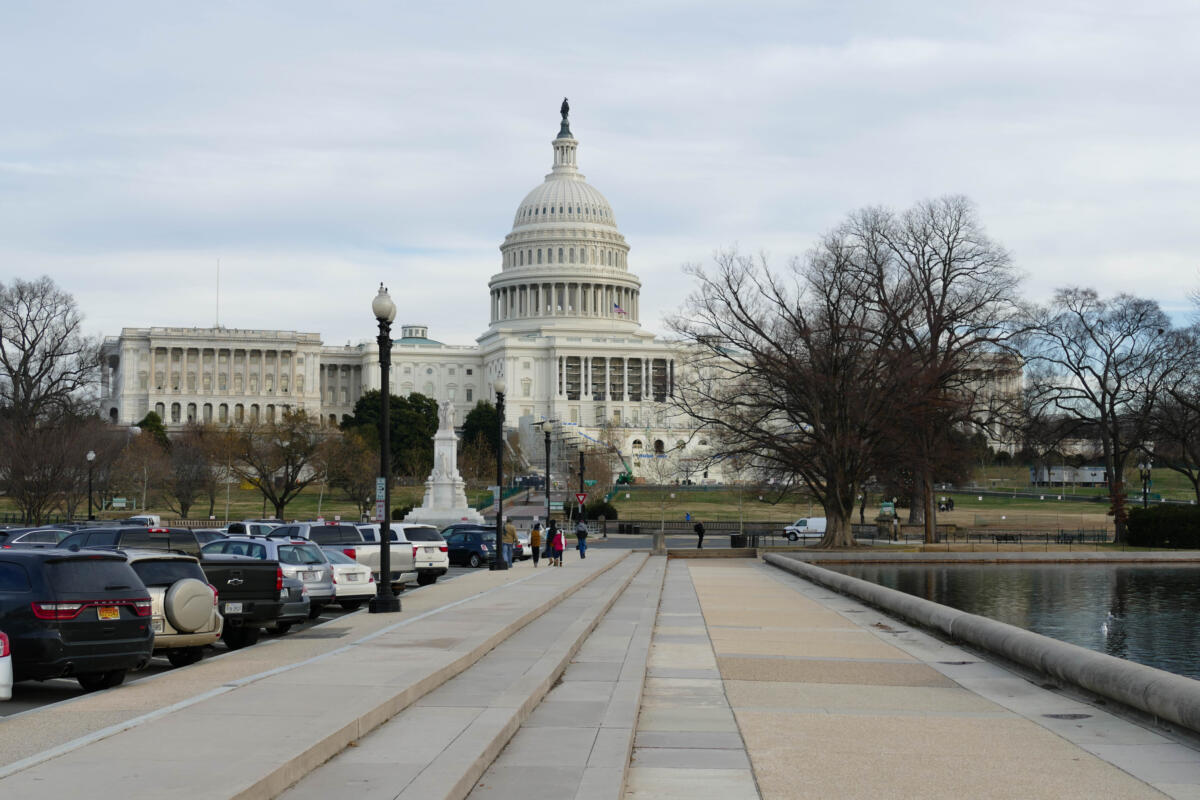Physical Address
304 North Cardinal St.
Dorchester Center, MA 02124
Physical Address
304 North Cardinal St.
Dorchester Center, MA 02124

The political deadlock in the United States is raising concerns about the viability of the country as a major region for chip production. The uncertainty caused by this deadlock could potentially hinder the momentum of chip production and have a significant impact on global chip competition.
According to a report by Bloomberg, a clause allowing federal environmental reviews to be waived for projects supported by the 2022 CHIPS Act has been removed from a major defense bill due to opposition from Republican lawmakers. This removal could potentially lead to significant delays in the semiconductor initiative, including projects involving Taiwan Semiconductor Manufacturing Company (TSMC) in Arizona and Intel in Ohio. The removal of the clause received support from both parties in Congress.
Analysts speculate that the uncertainty in chip demand and the upcoming US presidential election may have influenced these political movements. Additionally, global semiconductor trade statistics forecast a 9.4% decrease in the global semiconductor market in 2023.
Experts emphasize concerns that the political deadlock could hinder the United States’ ambition in the global chip competition. Other governments, such as those in Europe, Japan, and India, are actively working to strengthen their position in the chip manufacturing industry. Independent market analyst Robert Queen highlights the potential wide-ranging impact of the decision to halt US semiconductor chip projects on the economy.
Queen explains that domestically, this decision could lead to a stagnation of technological innovation, affecting important areas such as artificial intelligence and the Internet of Things. Internationally, the high dependence on a few semiconductor manufacturing hubs, primarily in Taiwan, could pose significant risks to the global supply chain. If the United States does not swiftly establish its position, other regions may gain an advantage in the semiconductor initiative, posing risks to current market-leading companies.
Environmental permits are just one of the challenges faced by US companies. For example, TSMC’s US facility faces obstacles such as a shortage of skilled labor and higher operating costs compared to Taiwan. To address the talent shortage, TSMC plans to relocate some employees to its Arizona facility. The response of companies like Samsung and Intel to these political obstacles is still uncertain.
Despite the difficulties, Dutch manufacturing company ASM plans to invest $320 million in a new US headquarters in Arizona. Vijay Kumar Hegde, a partner at Genov, believes that while this news may not be ideal for the ecosystem as a whole, companies will find ways to overcome these challenges. TSMC, with its strong global presence, has been discussing starting manufacturing in Japan and potentially Germany, which could help mitigate the impact of the political deadlock.
The impact of the political deadlock on companies’ responses and the chip manufacturing industry remains to be seen. However, the concerns raised by the political deadlock highlight the need for swift action and strategic planning to ensure the United States remains competitive in the global semiconductor market.
If you’re wondering where the article came from!
#